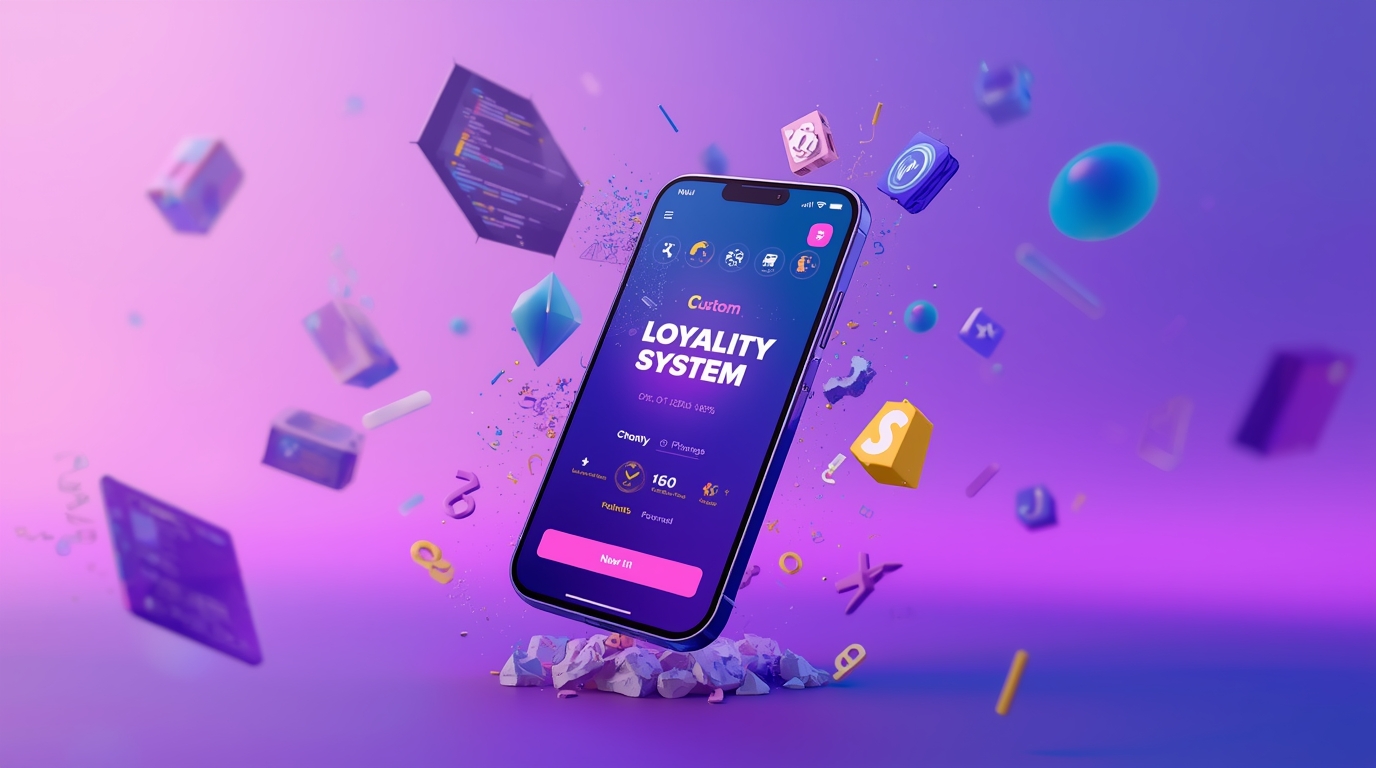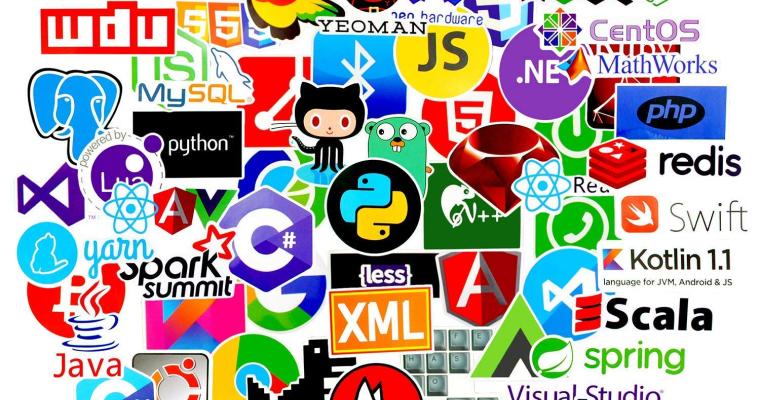In the modern world of mobile game development, where millions of Android users are constantly seeking entertainment on their devices, developing a successful Android game has become a tantalizing prospect. However, the path to creating a hit Android game is riddled with challenges, and one of the most crucial decisions that a game developer must make is choosing the right game engine. The game engine you select can profoundly impact the development process, the game’s performance, and its ultimate success. With a multitude of game engines available, making the right choice of an android game development company is not a decision to be taken lightly.
Understanding Your Game’s Requirements
Before you delve into the realm of game engines, it’s essential to have a clear understanding of your game’s requirements. What is the core concept of your game? Is it an action-packed shooter, a strategic puzzle game, or perhaps a casual mobile time-killer? Knowing the genre and concept of your game is fundamental as it influences the choice of a game engine and an Android studio that aligns with your game’s intended experience.
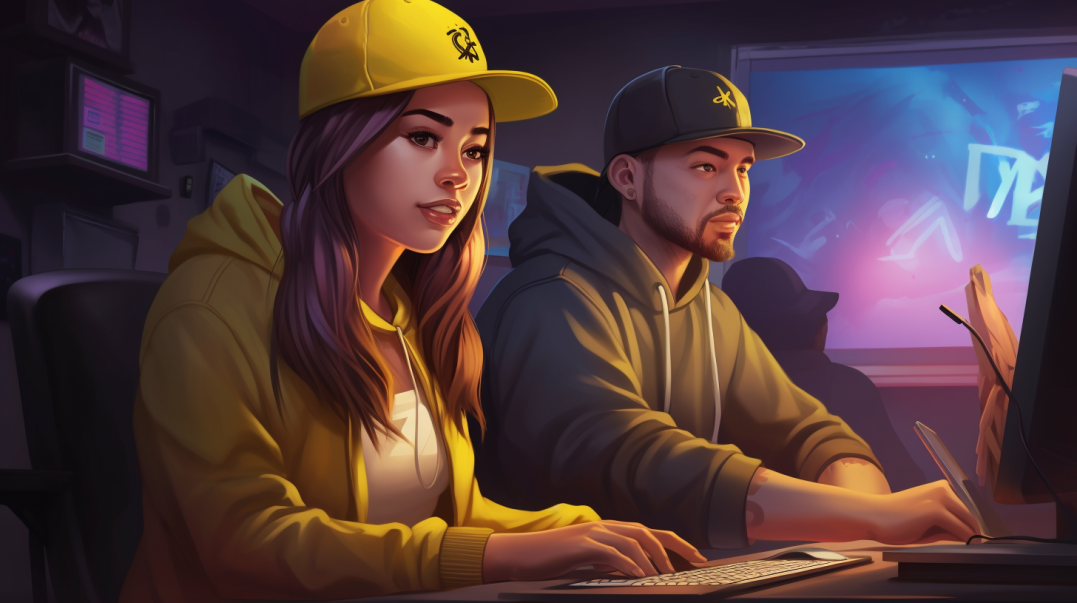
Identifying your target audience is another critical aspect. Different game engines are better suited for different demographics, and understanding your audience’s preferences can help you tailor your Android game effectively. Additionally, you should be aware of the technical specifications and performance requirements for your game. This includes considerations like the necessary processing power, graphics capabilities, and network connectivity.
Types of Game Engines
Game engines can be broadly categorized into four main types: 2D engines, 3D engines, cross-platform engines, and niche engines. Each category has its strengths and weaknesses, making it essential to choose the one that best fits your game development company project’s needs.
2D Engines
2D game engines are the go-to choice when you’re developing games with a two-dimensional graphical style. These engines are renowned for their simplicity, efficiency, and ease of use, making them the perfect choice for a wide range of game genres, including platformers, puzzles, side-scrolling adventures, and retro-style games. Here are a few key points about 2D engines:
- Simplicity: 2D engines are generally more straightforward and less resource-intensive compared to 3D engines, which makes them a great choice for solo developers or small teams with limited resources.
- Efficiency: Because 2D games are less complex in terms of graphics and physics, 2D engines often have optimized performance, making them suitable for a broad range of Android devices.
- Examples: Popular 2D engines include Cocos2d and Love2D. Cocos2d is known for its versatility, supporting both 2D and 3D game development, while Love2D is a lightweight and open-source 2D framework for Lua.
3D Engines
3D engines are the engines of choice when you need to create games in a three-dimensional environment with complex graphics, intricate animations, and immersive experiences. Here’s what you should know about 3D engines:
- Visual Realism: 3D engines excel in creating realistic 3D worlds with detailed textures, lighting effects, and complex 3D models. This makes them ideal for creating visually stunning games.
- Complexity: 3D games tend to be more complex in terms of development, as they require dealing with 3D modeling, physics simulations, and advanced rendering techniques.
- Examples: Unity and Unreal Engine are two of the most notable 3D game engines. Unity is widely recognized for its flexibility, adaptability, and a vast library of assets. Unreal Engine, on the other hand, is celebrated for its photorealistic rendering capabilities and advanced physics simulations, making it perfect for creating high-end games like “Fortnite.” Why use Unreal for game development? Well, it is also a game-changer on the market.
Cross-Platform Engines
Cross-platform engines are designed to streamline the process of developing games that can run on multiple platforms, including Android. They allow Android game developers to write code once and deploy it to various platforms without significant code rewriting or modification. Here are some important points about cross-platform engines:
- Platform Versatility: Cross-platform engines like Unity are known for their ability to create games for Android, iOS, Windows, macOS, and more. This means you can reach a broader audience with your game.
- Code Reusability: Developers can write and maintain a single codebase, which simplifies the development process and minimizes the risk of platform-specific bugs.
- Examples: Unity is perhaps the most famous cross-platform engine, offering an integrated development environment that facilitates the creation of games for Android and a multitude of other platforms. It also provides a wide range of plugins and assets to enhance development efficiency.
Niche Engines
Niche engines are specialized game development platforms that cater to specific game genres or styles. These engines are laser-focused on offering tools and features tailored to a particular type of game. Here’s what you should know about niche engines:
- Specialization: Niche engines are ideal when your game concept aligns closely with the engine’s focus. They can save you time and effort by providing specialized tools and pre-built assets.
- Efficiency: Niche engines can streamline the development process for their target genres, making it easier to create games that meet the specific requirements of those genres.
- Examples: Two notable niche engines include RPG Maker and Ren’Py. RPG Maker simplifies the development of role-playing games by offering a suite of built-in features for creating turn-based battles, character interactions, and in-game events. Ren’Py, on the other hand, is designed for visual novel games, making it an excellent choice for interactive storytelling experiences.
Key Criteria for Selection Android Game Engine
Selecting the right game engine for your Android game development is not just about the type of game you’re creating; it also involves a careful consideration of several key criteria:
- Development Environment and Tools: Evaluate the available development tools and the engine’s integrated development environment (IDE). A user-friendly, feature-rich IDE can significantly enhance your productivity.
- Graphics and Rendering Capabilities: If your game relies heavily on visuals, examine the engine’s graphics and rendering capabilities. Pay attention to the engine’s support for shaders, lighting, and rendering pipelines.
- Platform Compatibility and Export Options: Ensure the game engine supports Android development and offers export options that seamlessly integrate with the Android platform. Compatibility with various Android versions and devices is critical.
- Community and Support: A robust developer community can be a lifesaver when you encounter problems or need to learn how to use the engine. Look for active forums, tutorials, and documentation.
- Licensing and Pricing: Consider the engine’s licensing model and pricing structure. Some engines offer free or open-source options, while others require a commercial license or royalty fees upon successful game sales.
- Asset Management and Workflow: A game engine should facilitate efficient asset management and workflow. Features like asset importing, scene management, and version control are vital for a smooth development process.
- Learning Curve and Ease of Use: Assess the engine’s learning curve. A more straightforward and intuitive engine may help you get your game off the ground more quickly.
- Performance and Optimization: Games need to run smoothly on Android devices, so the engine must offer tools and features for performance optimization and testing.
Case Studies
Case Study 1: “Monument Valley” – Unity-Powered Elegance

“Monument Valley,” developed by ustwo Games Android game development services, is a prime example of how the choice of the right game engine can play a crucial role in a game’s success in the Android market. This visually stunning puzzle game received critical acclaim and commercial success. Here’s how Unity, the chosen game engine, contributed to its achievements:
- Cross-Platform Capabilities: Unity’s cross-platform capabilities allowed the developers to effortlessly publish “Monument Valley” not only on Android but also on iOS and various other platforms. This broadened the game’s reach and potential audience, making it accessible to millions of Android users as well as those on other devices.
- User-Friendly Interface: Unity’s intuitive and user-friendly development environment made it easier for the developers to bring their creative vision to life. The streamlined interface allowed for rapid iteration and prototyping, crucial in the competitive world of Android game development.
- Extensive Community Support: Unity boasts a vast and active developer community. Developers of “Monument Valley” could rely on the support, forums, and resources within the Unity community to troubleshoot issues and explore innovative solutions to game development challenges.
Case Study 2: “PUBG Mobile” – Unreal Engine’s Powerhouse
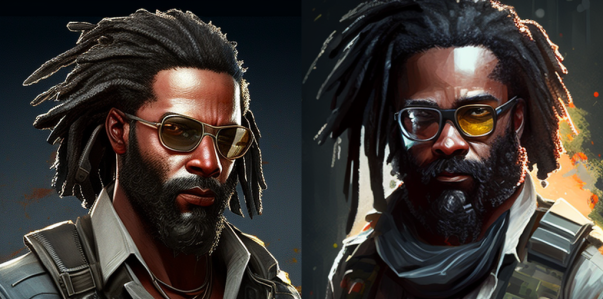
“PUBG Mobile,” the immensely popular battle royale game developed by PUBG Corporation and Tencent Games Android game studios, demonstrates the capabilities of Unreal Engine, a 3D engine that can create visually stunning and immersive game experiences. Here’s how Unreal Engine contributed to the success of “PUBG Mobile”:
- 3D Rendering and Physics Simulation: Unreal Engine is renowned for its exceptional 3D rendering capabilities, making it perfect for creating highly realistic game environments. In “PUBG Mobile,” this engine was used to craft intricate terrains, detailed textures, and immersive lighting, which are vital components of the game’s visual appeal.
- Immersive Experience: Unreal Engine’s physics simulation capabilities were instrumental in creating the complex physics interactions necessary for the battle royale genre. Realistic gunplay, bullet physics, and environmental destruction contribute to the immersive experience that “PUBG Mobile” offers.
- High-End Graphics: “PUBG Mobile” leveraged Unreal Engine’s ability to push the boundaries of mobile graphics. The engine allowed for optimized performance on a wide range of Android devices, enabling millions of players to enjoy the game without compromising on visual quality.
These case studies underscore the importance of selecting the right game engine for full-cycle Android game development. Unity and Unreal Engine, in these examples, showcased their strengths in terms of cross-platform capabilities, user-friendliness, and advanced graphics and physics simulations. The choice of the game engine had a profound impact on the game’s development and ultimate success, and it serves as a testament to the significance of making an informed decision when selecting a game engine for your Android game development project.
Unity vs. Unreal Engine
Unity and Unreal Engine stand out as two of the most popular game engines for Android development. Each has its own set of strengths and weaknesses, making it essential to choose the right one for your project:
Unity
Unity has been a staple in the world of game development for years, known for its adaptability and versatility. Unity development offers a range of advantages for Android game development:
- Cross-Platform Development: Unity is famous for its exceptional cross-platform capabilities. It allows developers to create games for Android, iOS, PC, consoles, and more from a single codebase. This significantly reduces development time and costs.
- 2D and 3D Support: Whether you’re developing a 2D puzzle game or a 3D action-adventure, Unity is equipped to handle both. Its flexibility makes it suitable for a broad spectrum of game genres, allowing you to explore your creative ideas.
- Asset Store: Unity’s Asset Store is a treasure trove of pre-made assets, tools, and plugins created by both Unity Technologies and the community. This can expedite development by providing ready-made solutions for common game development challenges.
- Community Support: Unity boasts a vast and active developer community. You can find answers to your questions, tutorials, and plugins created by other developers. This support network can be invaluable when you encounter issues or need guidance in your development journey.
- Cost-Efficiency: Unity offers a free Personal Edition, which is suitable for many small to medium-sized projects. However, there are also paid editions with advanced features for larger Android development studios.
Unreal Engine
Unreal Engine, on the other hand, is renowned for its impressive graphical capabilities and realistic 3D rendering. Unreal Engine game development services is a powerful choice for Android game development, particularly when you’re aiming for high-end, visually stunning games:
- 3D Graphics and Realism: Unreal Engine is celebrated for its photorealistic rendering capabilities. It can create highly detailed environments, characters, and visual effects, making full-cycle Unreal game development an ideal choice for games that prioritize visual fidelity.
- Advanced Physics Simulation: Unreal Engine offers advanced physics simulations, enabling developers to create realistic interactions, such as intricate weapon mechanics, lifelike character movements, and destruction physics. This is essential for immersive gameplay experiences.
- High-End Graphics: Unreal Engine is known for pushing the boundaries of mobile graphics. It’s optimized for high-performance, making it suitable for Android devices with top-notch hardware.
- Cost Structure: Unreal Engine provides access to the engine for free and charges a royalty fee on gross revenue after a certain earnings threshold. This fee structure can be appealing for indie developers who want access to a high-quality engine without upfront costs.
The choice between Unity and Unreal Engine ultimately depends on your game’s specific requirements, your development team’s expertise, and your budget constraints. Unity is well-suited for projects that require versatility, cross-platform development, and an extensive library of pre-made assets. On the other hand, Unreal game development services are the preferred choice when you prioritize exceptional 3D graphics, realism, and advanced physics simulations. When seeking game dev services, it’s essential to choose a Unity development company or an Unreal game development company that aligns with your project’s needs and goals, ensuring you get the most out of the chosen engine.
When considering game porting to Unreal Engine or the reasons to use Unreal for game development, it’s essential to evaluate the potential benefits in terms of graphics quality and immersive experiences, especially for high-end Android games. Both engines have their strengths, and the decision should be based on a careful assessment of your specific project’s demands.
Niche Engines
While Unity and Unreal Engine dominate the Android game development scene, niche engines cater to specific genres and can save you significant development time. For example, if you’re creating a visual novel, Ren’Py provides a specialized platform tailored to this genre. Similarly, RPG Maker simplifies the development of role-playing games.
Ren’Py for Visual Novels
- Tailored to Storytelling: Ren’Py is a highly specialized engine designed specifically for creating visual novels, interactive stories, and dating simulations. It streamlines the development process for these narrative-driven genres.
- Visual Novel Features: Ren’Py provides built-in support for features commonly found in visual novels, such as dialogue systems, character interactions, branching storylines, and choices that affect the narrative. This makes it easier for developers to focus on storytelling rather than intricate coding.
- Cross-Platform Support: Just like Unity and Unreal Engine, Ren’Py offers cross-platform support, allowing developers to publish their visual novels on Android, iOS, Windows, macOS, and more, reaching a wide audience.
- Scripting Language: Ren’Py uses a user-friendly scripting language that is easy for writers and narrative designers to grasp. This feature is advantageous for those who may not have extensive programming experience.
Choosing Ren’Py for your visual novel project significantly reduces the need for extensive custom coding and simplifies the development process. This allows creators to concentrate on crafting compelling stories and characters, which are central to the success of visual novels.
RPG Maker for Role-Playing Games
- Simplified RPG Development: RPG Maker is a specialized engine focused on role-playing game (RPG) development. It provides a user-friendly interface, a wide range of built-in assets (such as characters, monsters, and environments), and intuitive event scripting for creating RPG gameplay.
- Pre-Made Resources: RPG Maker comes with an extensive library of pre-made resources, including tilesets, character sprites, and music tracks. This library aids developers in quickly prototyping and creating their RPG worlds.
- Event System: The event system in RPG Maker allows developers to set up complex in-game events, dialogues, puzzles, and battles without the need for extensive programming. This feature simplifies game design and reduces development time.
- Community and Plugins: The RPG Maker community provides a wealth of resources, plugins, and community-created content that can enhance your RPG projects. This active community support can be a valuable resource for both novice and experienced developers.
By choosing RPG Maker for your role-playing game project, you can streamline development, reduce the learning curve, and leverage a plethora of pre-made assets and community support. This niche engine minimizes the need for extensive custom coding and empowers developers to focus on crafting engaging stories, game mechanics, and character progression—core elements of successful RPGs.
Choosing a niche engine in the Android game development studio can be a wise decision if it aligns closely with your game concept and minimizes the need for extensive custom coding.
Community and Support
A thriving developer community is an indispensable asset when selecting a game engine for your Android game project. Whether you’re delving into Android game development with a focus on arcade puzzle games, strategy games, or simulation games, the support and collaboration within your chosen engine’s community can make a substantial difference.
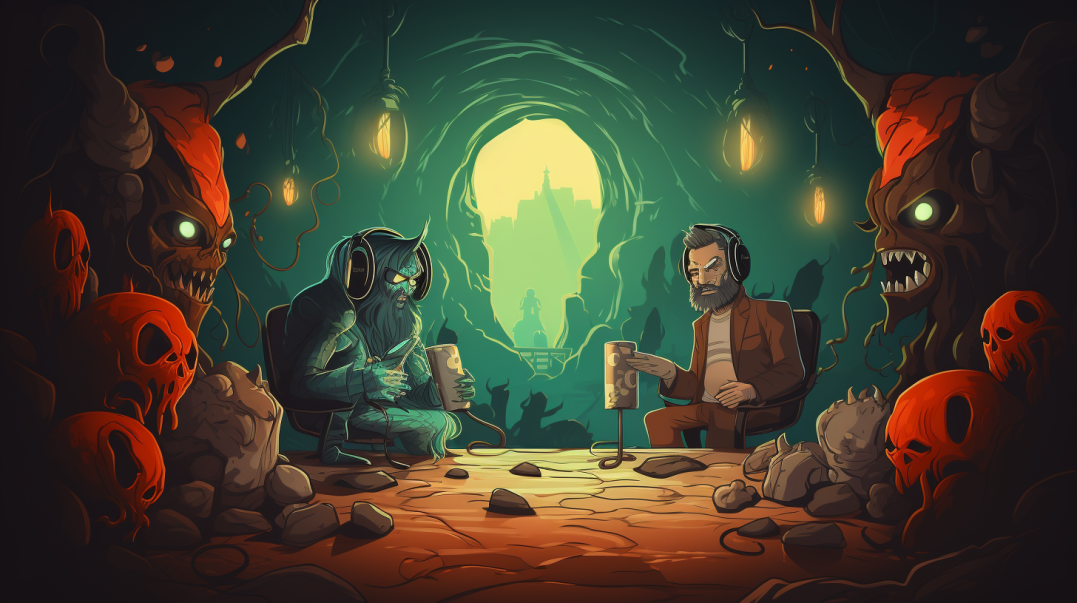
Android Studio, a preferred development environment for Android game developers, boasts an active developer community that shares expertise, solutions, and resources. When developing Android games, especially in the intricate genres of arcade puzzles, strategy games, and simulations, having a supportive community can be a game-changer.
Exploring online forums, documentation, and collaborative spaces within Android Studio and specialized game development communities can lead to quicker issue resolution, in-depth learning, and innovative ideas. These interactions can enhance your game development journey, ensuring that you receive valuable assistance when encountering challenges unique to your chosen game genre. So, before you make your final engine selection, consider the strength of the developer community, as it can significantly impact the success of your Android game project.
Licensing and Pricing
Licensing and pricing can significantly affect your project’s budget. Game engines offer various pricing models, from free and open-source to commercial and royalty-based. It’s essential to understand the costs associated with your chosen engine and how it will impact your game’s profitability.
In the case of Unity, you can get started for free with the Personal Edition, but you’ll need to upgrade to a paid version if your game generates a certain level of revenue. Unreal Engine, on the other hand, is free to use but requires a royalty payment on gross revenue once your game surpasses a specified earnings threshold.
Prototyping and Testing
Once you’ve selected a game engine, the next step is to start prototyping and testing your game. Why game prototyping matters? The chosen engine should facilitate quick iterations, allowing you to test and refine your game as you progress. Unity, for example, offers a play mode that allows real-time testing within the development environment.

Effective game prototyping services and testing are vital for identifying and addressing any gameplay or performance issues before your game reaches its intended audience.
Conclusion
Selecting the right game engine for your Android game development is a decision that can make or break your project. By thoroughly understanding your game’s requirements, considering the type of engine that best suits your needs, and evaluating key criteria such as development tools, graphics capabilities, community support, and pricing, you can make an informed choice.
Real-world case studies, such as “Monument Valley” and “PUBG Mobile,” highlight how the choice of a game engine can significantly impact a game’s success. The comparison between Unity and Unreal Engine provides insight into the strengths and weaknesses of two of the most popular engines. Additionally, niche engines can be a valuable asset for projects closely aligned with their focus.
Before finalizing your decision, it’s crucial to consider the engine’s community and support, licensing, and pricing, as well as its ability to streamline prototyping and testing. With the right game engine, your Android game development journey can be a smoother and more successful one, bringing your vision to life and entertaining millions of eager players.


